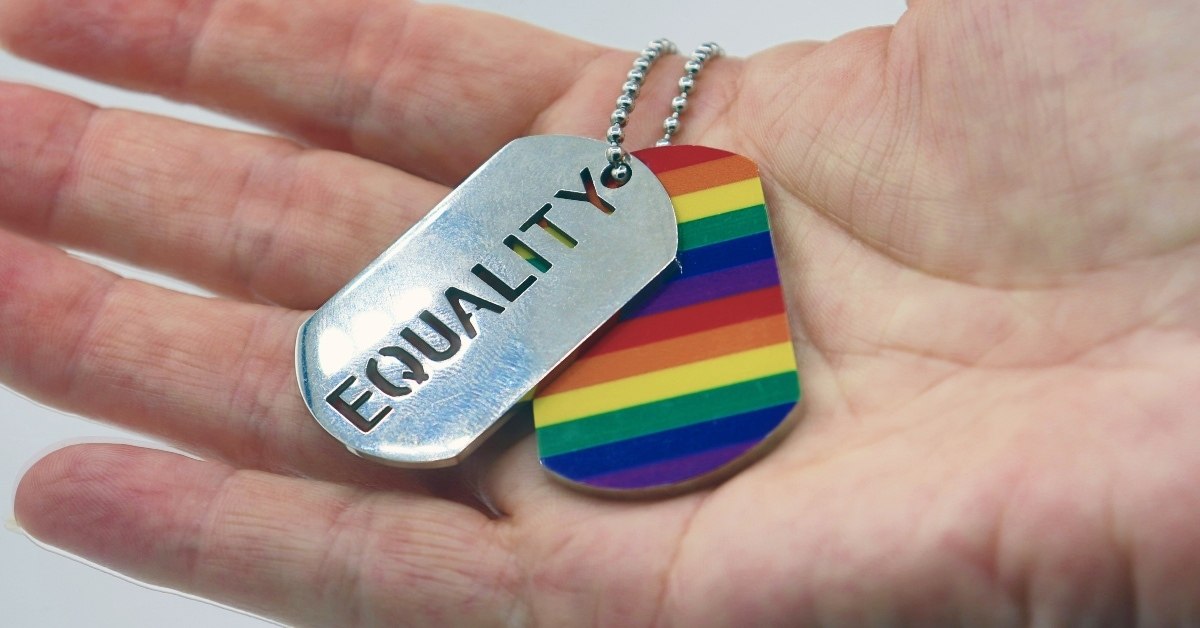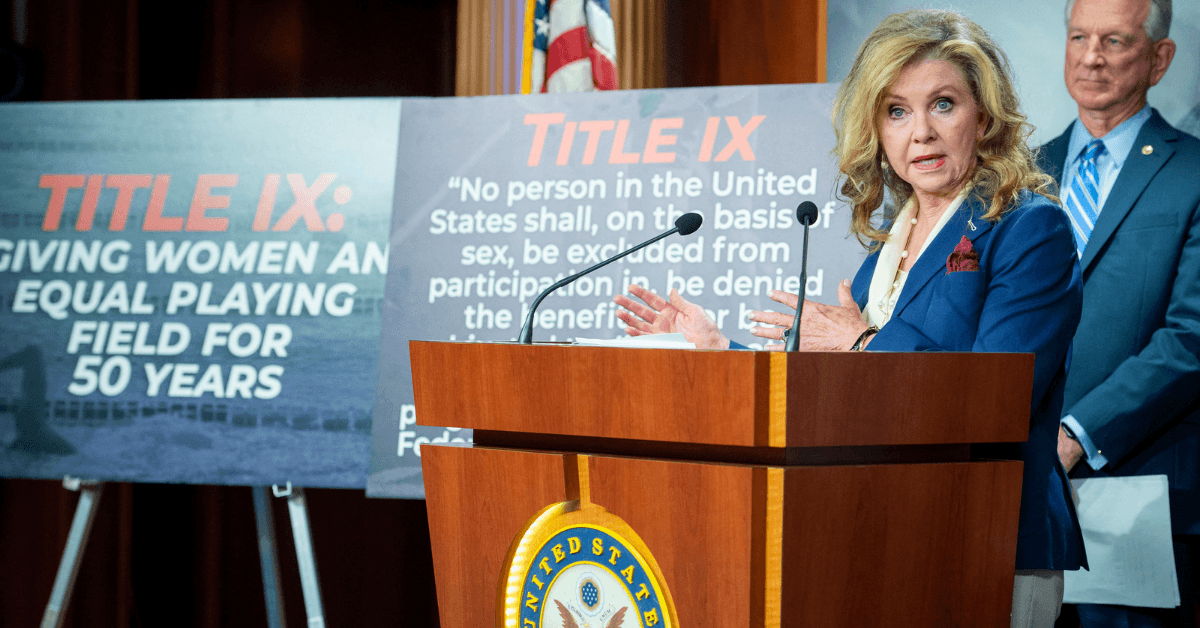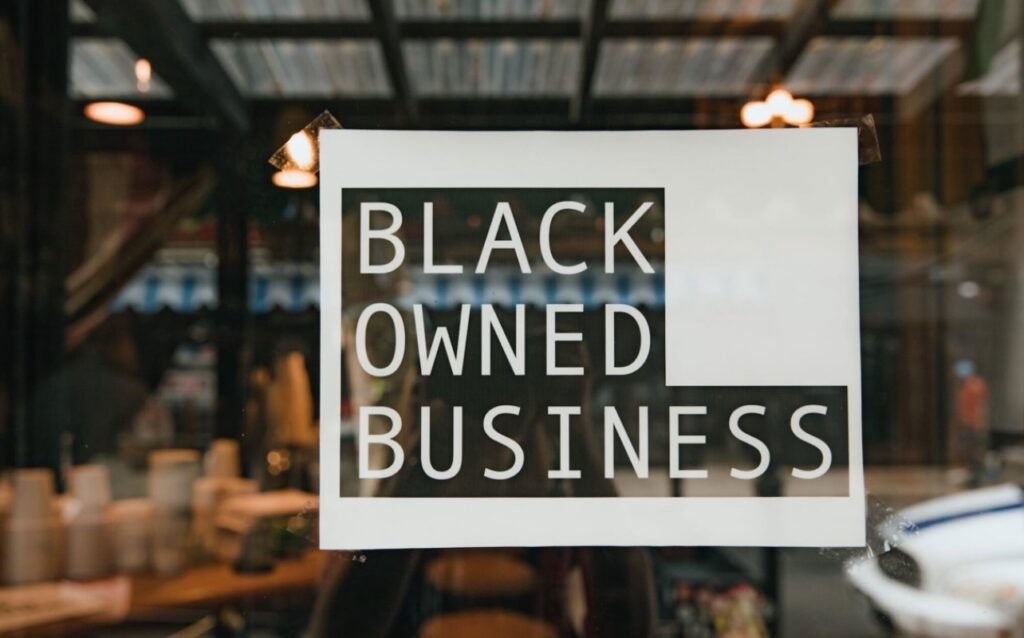Let’s Celebrate: The U.S. Supreme Court’s Bostock Ruling Delivered a Historic Win for LGBTQIA+ Workers
The U.S. Supreme Court flipped the script on workplace discrimination with its landmark Bostock v. Clayton County decision. On June 15, 2020, the court ruled 6–3 that firing someone for being gay or transgender violates Title VII of the Civil Rights Act of 1964. Before Bostock, some states protected queer employees — but now, for [...] Read More... from Let’s Celebrate: The U.S. Supreme Court’s Bostock Ruling Delivered a Historic Win for LGBTQIA+ Workers The post Let’s Celebrate: The U.S. Supreme Court’s Bostock Ruling Delivered a Historic Win for LGBTQIA+ Workers appeared first on LBS.


The U.S. Supreme Court flipped the script on workplace discrimination with its landmark Bostock v. Clayton County decision. On June 15, 2020, the court ruled 6–3 that firing someone for being gay or transgender violates Title VII of the Civil Rights Act of 1964. Before Bostock, some states protected queer employees — but now, for the first time, federal law had their back coast-to-coast. That means if your boss tries to ghost you for who you love or how you identify, they’re breaking federal law.
Here is a breakdown of how the landmark decision came to be.
The Supreme Court addressed three discrimination lawsuits in one ruling.

The Court didn’t just tackle one lawsuit — it bundled three. Each of the three plaintiffs filed under Section 2000e–2(a)(1), which bars discrimination “because of… sex.” But the lower courts couldn’t agree on what that phrase covered. Gerald Bostock, a youth services coordinator in Georgia, got canned after joining a gay softball league. Donald Zarda, a skydiving instructor in New York, lost his gig after telling clients he was gay. Aimee Stephens, a funeral home worker in Michigan, was let go after she came out as trans and asked to dress accordingly.
Justice Neil Gorsuch authored the majority opinion, explaining that the laws surrounding workplace discrimination are clear. He pointed out that Title VII makes it unlawful to fire someone “because of such individual’s… sex,” and if punishing gay or trans employees turns on the employee’s sex relative to who they love or how they identify, that’s squarely within those words. “The limits of the drafters’ imagination supply no reason to ignore the law’s demands,” he wrote, eyeballing critics who’d claim Congress never imagined this scenario back in 1964.
Hot-button social issues split the Court along ideological lines, but here, Chief Justice John Roberts joined Gorsuch and the four Democratic-appointed justices to form the six-judge majority. Justices Alito, Thomas, and Kavanaugh dissented, arguing that extending Title VII to LGBTQIA+ folks steps beyond what Congress wrote.
The ruling will have a huge impact on the LGBTQIA+ community.

Once the Bostock decision dropped, about 11 million LGBTQIA+ workers across the country received federal job security guarantees for the first time. Employers with 15 or more workers must now rewrite handbooks, revamp training programs, and update nondiscrimination policies — or face federal lawsuits. Pronoun guidelines, trans-inclusive health benefits, and bias-busting workshops are no longer optional. They’ve become must-haves for any company following federal law.
LGBTQIA+ advocates called the ruling a major victory. The Human Rights Campaign celebrated the decision and urged Congress to pass the Equality Act to close gaps beyond employment. Reintroduced in April, the act is now gaining momentum.
“The bill is more than a lifeline for those in danger of losing necessary protections; it ensures all people in this country—Black, white or brown, Native or newcomer, queer or straight, transgender or not — can live freely without constant fear of discrimination or retaliation,” supporters of the bill said in a statement via HRC. The Equality Act would lay down clear, consistent protections across the board — covering things like housing, credit, education, and public spaces.
What kind of training or workplace policies do you think actually make a difference? Comment below!
The post Let’s Celebrate: The U.S. Supreme Court’s Bostock Ruling Delivered a Historic Win for LGBTQIA+ Workers appeared first on LBS.












